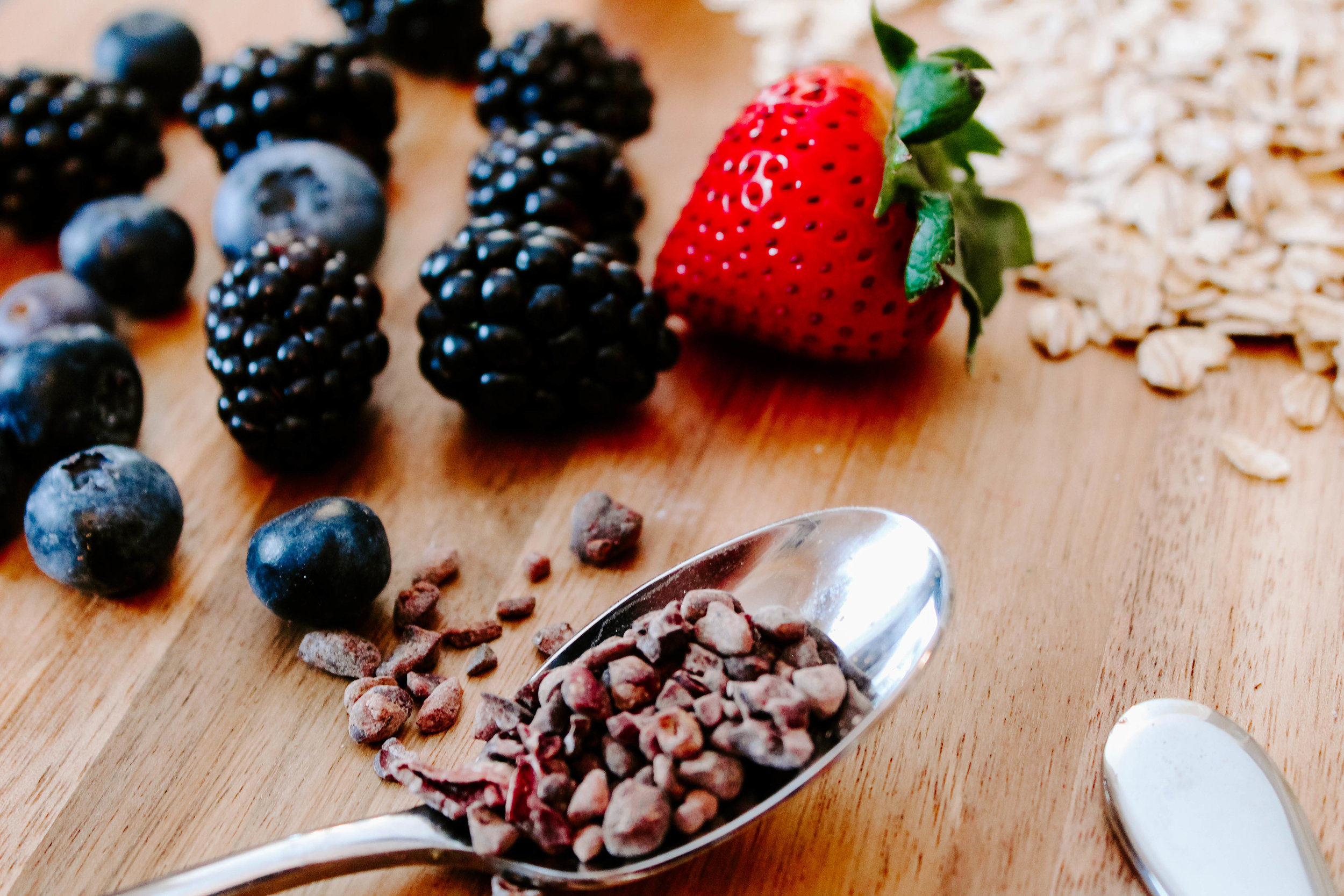We are just over a week into the big daylight savings change, and to be honest I am officially struggling. It doesn’t help that the weather has been dark, rainy, and straight up gloomy in Atlanta. Don’t get me wrong, I am so ready for the approaching holiday season and getting an extra hour of sleep has been nice. Leaving work with limited daylight left has been tough! Can anyone else who works typical office hours relate?!
I’ve been thinking, what can I do to help my body/mind ease into this transition a bit smoother? I came up with a few ideas and thought I’d share them with you all as well!
Don’t skimp on sleep
Although the amount of sleep required by adults varies, studies show the optimal night of sleep is between 7-9 hours. Less than 7 hours per night is actually associated with potential negative health effects such as increased risk for obesity, heart disease, and diabetes. As the days get shorter, we might find our eyes getting heavy earlier. Don’t ignore your body’s natural cues!
If you have trouble winding down at night, a “nighttime routine” might be helpful. Think: hot tea, your favorite book or TV show (I don’t mean binging on Netflix for hours), light stretching, and hit the sheets! Mobile devices are notorious for admitting blue light which has been shown to suppress melatonin release (the natural hormone our body produces to manage circadian rhythm), so getting into a routine sans cell phone may be beneficial for optimal zzz’s.
Prepare cozy eats
I don’t know about you all, but my body naturally starts to crave warming foods around this time of year (think: chili, soups, stews, oatmeal etc). I love making a big pot of soup and pairing it with crusty bread for a hearty supper or making a bowl of oatmeal with warming spices for breakfast. Check out my Pinterest page for yummy recipes I’ve been digging lately!
Oatmeal topped with cinnamon, walnuts, blueberries, and blackberries
Boost antioxidant-rich foods
As a Registered Dietitian, I am continually promoting real food intake, especially from fruits and vegetables, so this might seem like another no-brainer. Certain fruits and vegetables contain specific antioxidants that act as protectors of our cells at a microscopic level. Every day we are exposed to free radicals from the environment, sunlight, alcohol, cigarette smoke, etc. These free radicals (unstable molecules) can trigger oxidative stress thus damage our cells and could eventually play a role in disease. Antioxidants have been shown to counteract this stress by neutralizing oxidative stress. Some common antioxidants found in food/supplement form include vitamin C, vitamin E, beta-carotene, lycopene, selenium, flavanoids, and omega-3 and 6 fatty acids. There is mixed research on whether antioxidant supplementation offer the same benefits as those from real foods. In addition, some antioxidants if taken above the recommended dietary intake (RDI) can potentially cause the body harm. I recommend consuming real foods first.
Antioxidant rich blueberries, blackberries, strawberries and cacao nibs!
Get out in nature
There’s something about spending time in nature that instantly boosts my mood. Whether that means taking the day to hike in the mountains or simply walking around town, these activities can do great things for well-being. Interestingly enough, studies show possible positive effects on physical and psychological stress when one spends time in natural environments. Furthermore, research suggests spending time in green spaces and other outdoor settings is linked to greater stress reduction, increased self-esteem and overall mood as opposed to indoor exercise. Grab a friend or go solo, and enjoy!
My love and I hiking
My friend and music producer, Joey aka Pure Colors
How are you tackling shorter days in preparation for winter months?
Xx, Mary Claire
References:
https://www.health.harvard.edu/staying-healthy/blue-light-has-a-dark-side
https://www.health.harvard.edu/topics/sleep
https://www.health.harvard.edu/staying-healthy/ask-the-doctor-right-amount-of-sleep
https://nccih.nih.gov/health/antioxidants/introduction.htm
https://www.ncbi.nlm.nih.gov/pmc/articles/PMC3614697/
https://www.ncbi.nlm.nih.gov/pmc/articles/PMC5981243/





